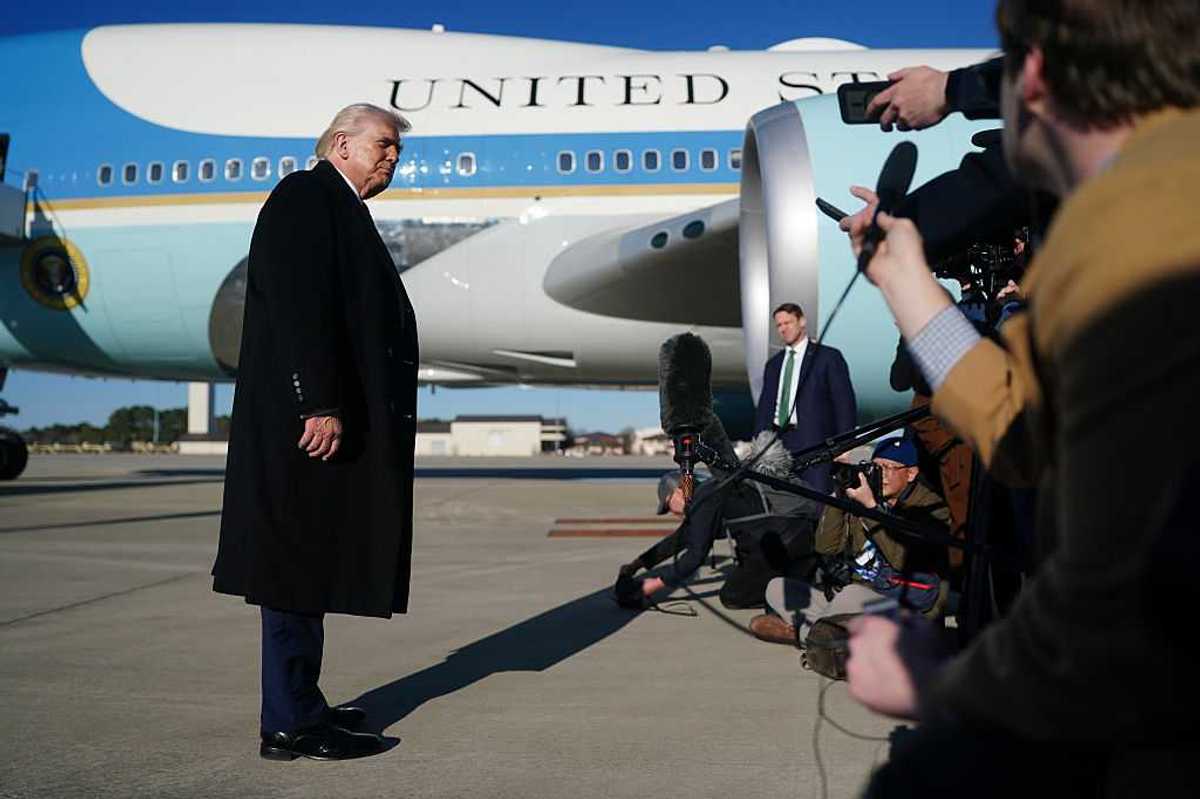News
Louis Staples
Apr 28, 2018

Picture:
Twitter
The election of Donald Trump and Britain’s Brexit vote came as a huge shock to most people, causing politicians, commentators and even scientists to search for answers.
After months of hot takes in newspapers and on TV, scientific studies have finally provided solid evidence of what made people vote for Trump and Brexit.
Two papers on the topic have now been released, the first of which focuses on Trump’s election.
After Trump's victory, pundits debated the influence of factors such as economic hardship and racial anxiety. With the absence of hard evidence, Professor Diana Mutz of the University of Pennsylvania questioned 1,200 voters.
She observed:
Candidate preferences in 2016 reflected increasing anxiety among high-status groups rather than complaints about past treatment among low-status groups.
Both growing domestic racial diversity and globalization contributed to a sense that white Americans are under siege by these engines of change.
Mutz concluded that the people most likely to vote for Trump, after either voting Democrat previously or not voting at all, were those who felt their place in the world was being threatened.
Trump voters perceived that America was having to share its status as the world's most powerful nation, and also feared the possibility of losing the benefits of being part of a dominant ethnic group.
But the corresponding study of Brexit voters, authored by PhD student Leor Zmigrod and collaborators at the University of Cambridge, proved even more controversial.
The team sampled 332 UK citizens and asked them how they voted in the referendum, as well as probing their attitudes to related issues regarding national identity and culture.
Brexit voters were found to have greater nationalism, conservatism, and support for authoritarian policies. The paper concludes that these reasons accounted for almost half (47.6 percent) of the variability in support for Brexit.
Zmigrod added:
In today’s politically-polarised climate, it is important to understand more about the psychological processes behind nationalistic and social attitudes if we are to build bridges between communities.
Though in such turbulent times, these conclusions seem unlikely to heal the political divisions on either side of the pond.
HT: IFLScience
Top 100
The Conversation (0)













